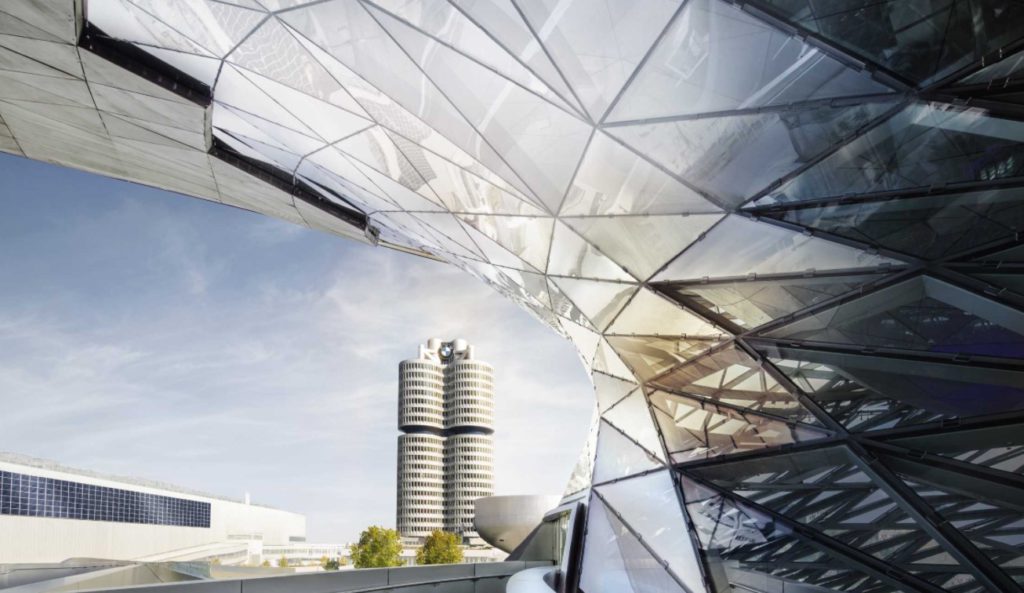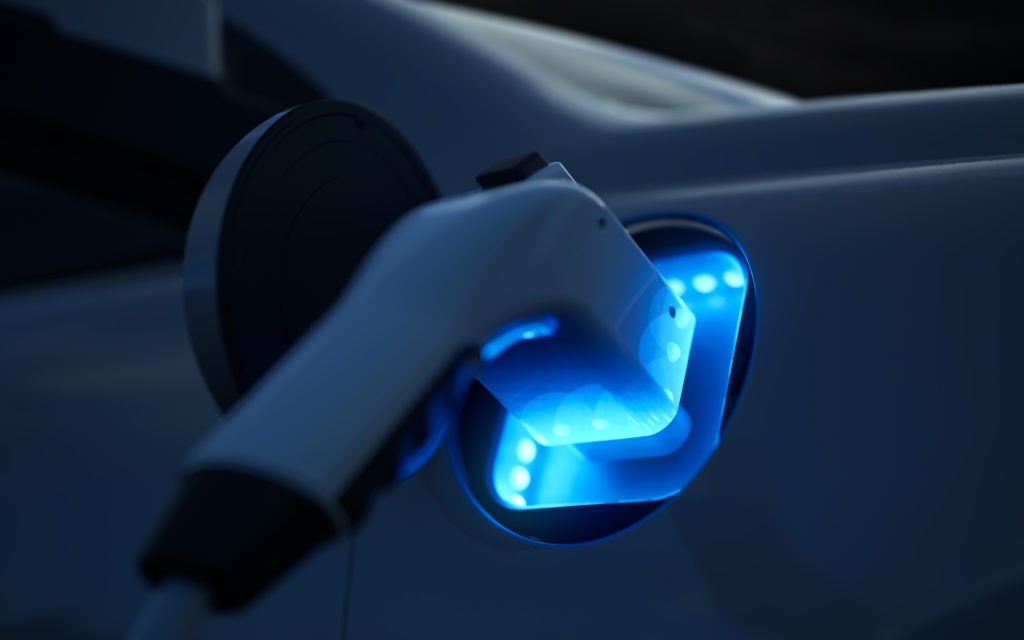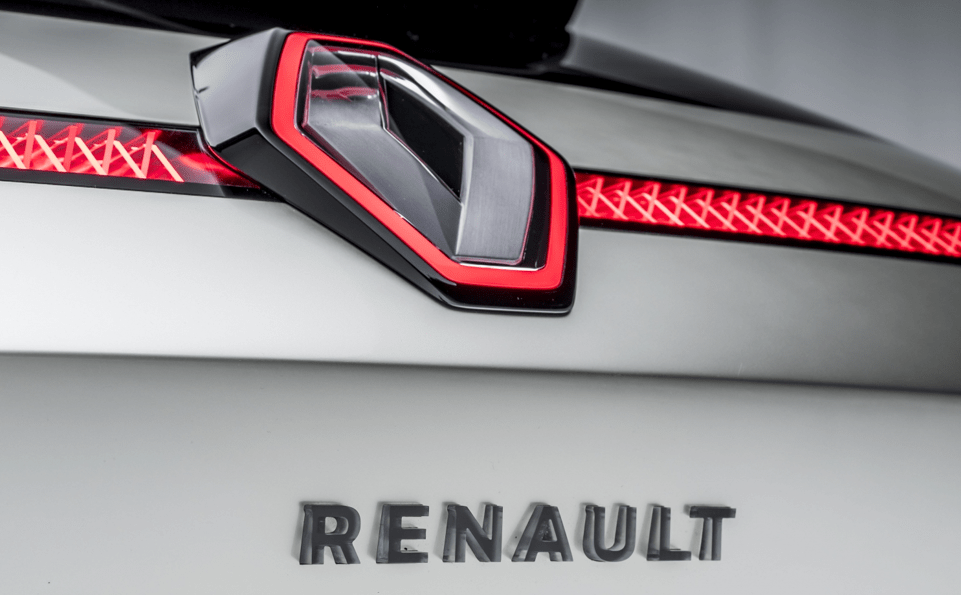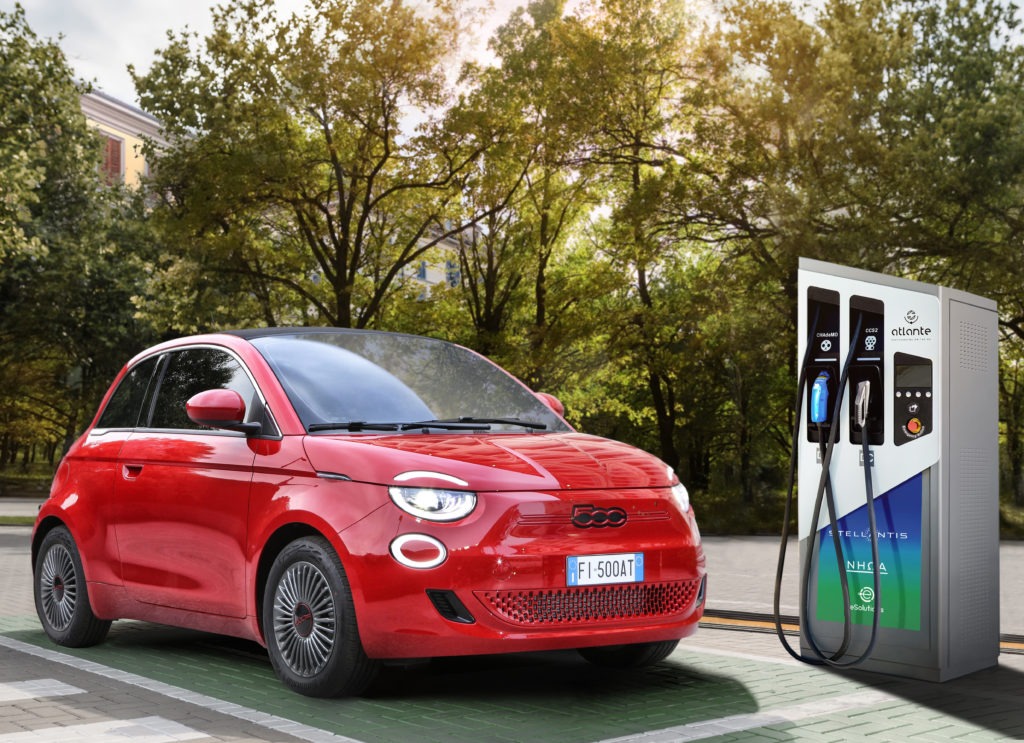Toyota pledges to sell only zero-emission cars in Europe
07 December 2021
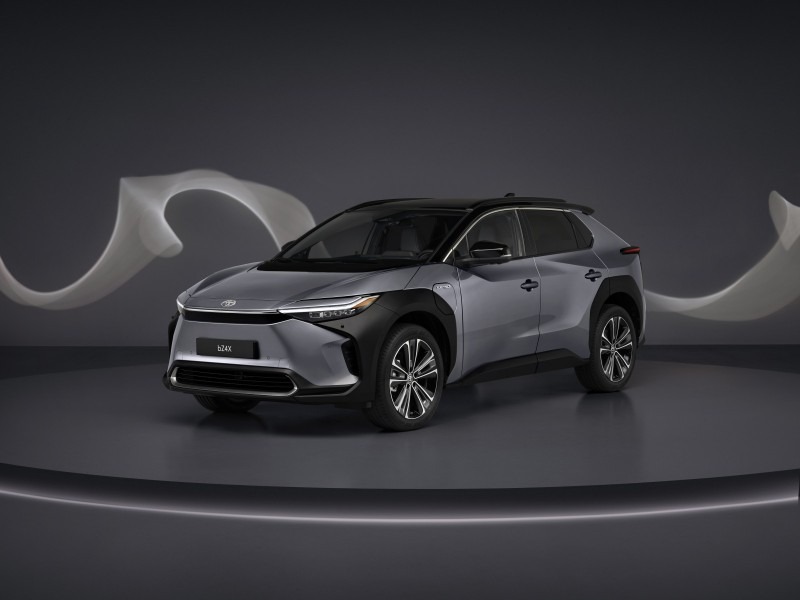
Japanese giant Toyota has pledged to sell only zero-emission vehicles (ZEVs) in Western Europe by 2035. The news comes as a surprise given the carmaker has long sought to preserve hybrids as an alternative path to carbon-neutrality.
In an unexpected move to align with international climate plans, Toyota set a new sales target for ZEVs, anticipating they will make up at least half of its sales in Western Europe by the end of 2030. This signals a big step for the manufacturer, with its inclination to hybrid technology and reputation as a brand resistant to electrification.
‘Moving beyond 2030, we expect to see further ZEV demand acceleration and Toyota will be ready to achieve 100% CO2 reduction in all new vehicles by 2035 in Western Europe, assuming that sufficient electric-charging and hydrogen refuelling infrastructures are in place by then, together with the renewable energy capacity increases that will be required,’ said Matt Harrison, president and CEO of Toyota Motor Europe.
With its Fit for 55 package, the EU is aiming to phase out the sale of fossil-fuel vehicles by 2035. Even as one of the world’s largest carmaker, Toyota had previously not been clear on its European electromobility strategy. Arguably, this gave battery-electric vehicle (BEV) manufacturer Tesla the opportunity to surpass the Japanese company as the most valuable car brand.
Other manufacturers are pursuing similar carbon-neutral goals. Volkswagen (VW) plans to end the sale of internal-combustion engine (ICE) cars in Europe by 2035. Mercedes-Benz has promised to go all-electric by the end of the decade, where market conditions allow.
Beyond zero?
Toyota broke the news at its Kenshiki event, outlining its European business strategy, while also promising to reach carbon neutrality ‘as quickly as possible.’ Electrification and a ‘diverse range of CO2-efficient powertrain solutions’ for all its customers will take centre stage, the carmaker said.
Toyota plans to roll out an increasing number of affordable ZEVs in the coming years, revealing that the new bZ4X SUV – the first model in Toyota’s Beyond-Zero product line – will hit the European market in 2022. Its Lexus brand will also come into play, with a new BEV SUV, dubbed RZ, coming in the first half of next year. Lexus also aims to nearly double annual sales to 130,000 vehicles by 2025.
While Toyota is now pursuing an all-electric approach in Europe, it did not sign a deal at the UN’s COP26 climate summit in November that would see the end of ICE cars by 2035 in leading markets, and globally by 2040. At the time, Toyota said large parts of the world – specifically Asia, Africa, and the Middle East – were not ready for zero-emission cars.
‘Whilst Toyota is committed to making millions of BEVs available to customers, the way to reduce the most net-carbon emissions globally is to use every item in our toolbox, including hybrid-electric, plug-in hybrid electric, battery-electric and fuel-cell electric vehicles, with the proportions of each optimised to make best use of the infrastructure constraints and customer circumstances of every region, and the limited supply and improving performance of batteries,’ said Gill Pratt, Toyota chief scientist and Tokyo Research Institute CEO.
Toyota views hydrogen as a key building block in cutting CO2 emissions, with it looking beyond cars. The manufacturer will begin production of second-generation fuel-cell modules in Belgium next month. They could be used in passenger vehicles, trucks, buses, trains, and ships.
The Japanese manufacturer also revealed that, following prototype testing last year, it would introduce solid-state battery technology in hybrid vehicles first before wider deployment in BEVs. Many manufacturers are betting on this battery technology as it delivers higher density, longer range, shorter charging times, and improved safety.
